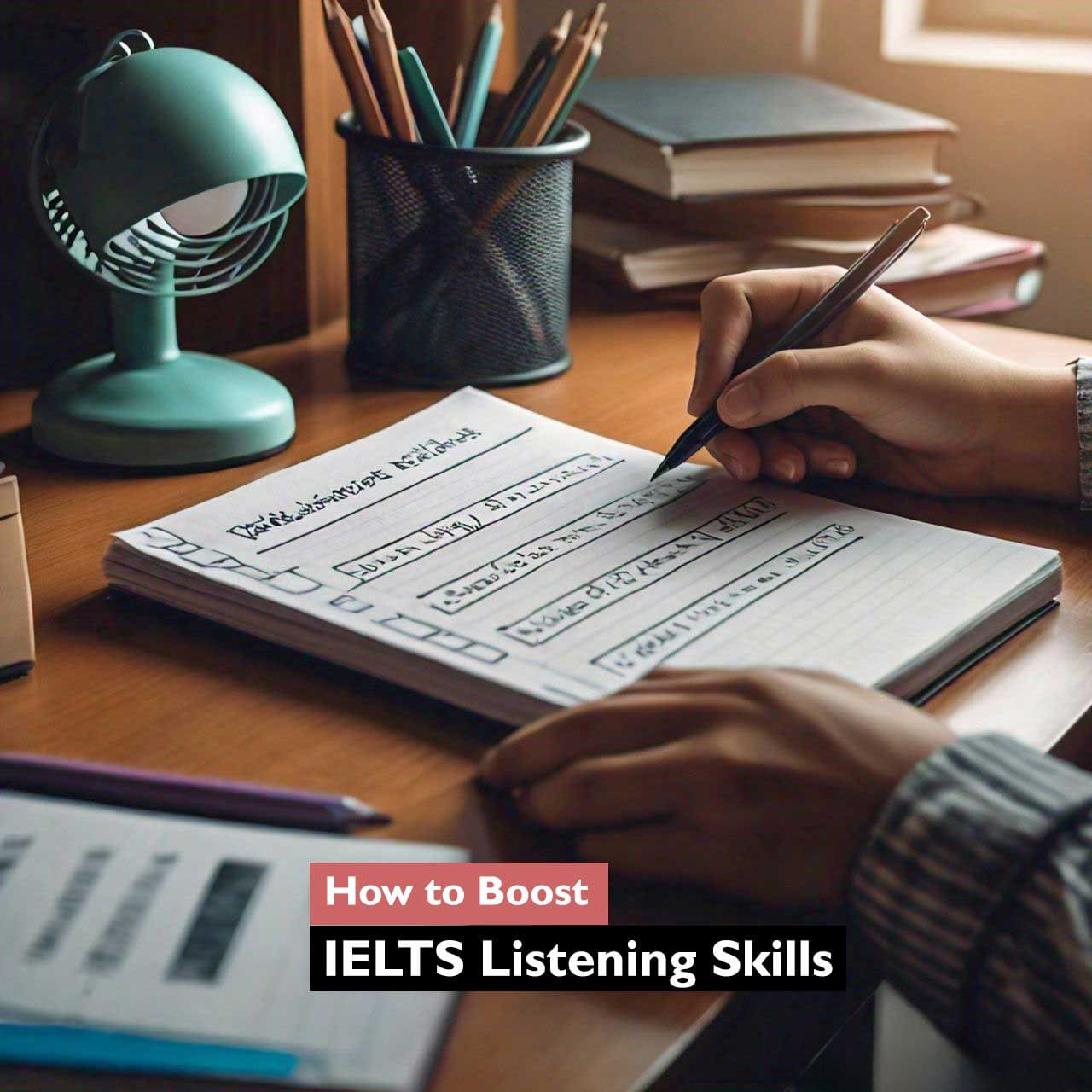The IELTS (International English Language Testing System) Listening section can be a challenging aspect of the exam for many test-takers. However, with the right strategies and consistent practice, you can significantly improve your listening skills and increase your chances of success. In this blog post, we’ll explore effective techniques to boost your IELTS listening skills and ace this crucial part of the exam.
1. Familiarize Yourself with the Test Format
Before diving into intensive practice, take some time to familiarize yourself with the format of the IELTS Listening test. Understand the types of recordings you’ll encounter, such as conversations, monologues, and lectures, as well as the question types, including multiple choice, matching, and completion tasks. Knowing what to expect will help you approach the test with confidence.
2. Practice Regularly with Authentic Materials
Consistent practice with authentic listening materials is key to improving your skills. Utilize resources such as podcasts, radio programs, TED talks, and English
TV shows or movies to expose yourself to a variety of accents, speaking speeds, and topics. Additionally, make use of official IELTS practice materials and past exam papers to simulate test conditions and familiarize yourself with the types of questions you’ll encounter.
3. Develop Note-taking Techniques
Effective note-taking is crucial for retaining key information during the Listening test. Practice techniques such as abbreviations, symbols, and shorthand to jot down essential points quickly. Focus on capturing keywords, dates, names, and other details that will help you answer the questions accurately later. Experiment with different note-taking styles to find what works best for you.
4. Improve Your Vocabulary and Listening Skills Simultaneously
While practicing listening, pay attention to vocabulary usage and context. Note down unfamiliar words or phrases and make an effort to understand their meanings. Contextual clues within the recordings can help you deduce the meaning of unfamiliar vocabulary. Additionally, actively build your vocabulary through activities such as reading, vocabulary exercises, and using flashcards.
5. Work on Recognizing Key Information
Train yourself to identify key information while listening to recordings. Pay attention to signals such as numbers, dates, locations, names, and specific details that are likely to be included in the questions. Train your ears to pick up on these cues, as they will guide you to the correct answers.
6. Focus on Listening for Purpose and Main Ideas
In the IELTS Listening test, it’s essential to listen for both detailed information and main ideas. Practice identifying the purpose of each recording and the main points conveyed. Train yourself to distinguish between essential information and supporting details, as this will help you prioritize what to focus on during the test.
7. Practice Active Listening Techniques
Develop active listening skills by engaging with the recordings actively. Maintain focus throughout the listening tasks, avoid distractions, and listen for specific details while also grasping the overall meaning. Train yourself to anticipate what comes next based on context and clues within the recordings.
8. Review and Analyze Your Mistakes
After completing practice listening tasks, take the time to review your answers and analyze any mistakes you made. Understand why you missed certain questions and identify areas for improvement. Focus on learning from your errors and applying that knowledge to future practice sessions.
Conclusion
Improving your IELTS listening skills requires dedication, practice, and a strategic approach. By familiarizing yourself with the test format, practicing regularly with authentic materials, developing effective note-taking techniques, improving your vocabulary, and honing your listening skills, you can boost your confidence and performance on test day. Remember to stay focused, maintain a positive attitude, and persevere through challenges. With consistent effort and the right strategies, you’ll be well-equipped to tackle the IELTS Listening test successfully and achieve your desired score.



